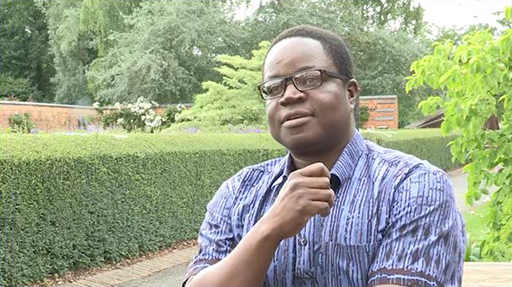3 The concept of international development
The use of the term International Development has its origins in the global political landscape of the twentieth century. As industrialisation spread across Europe, North America and Australia in the nineteenth and twentieth centuries, income inequalities with other parts of the world increased rapidly. The terms ‘developed’ and ‘developing’ countries emerged in fields of development study and practice and became a means of contrasting the different economic trajectories of the two groups of countries. The focus for international development policy and practice became one of addressing inequalities by enabling developing countries to emulate the economic pathways of developed countries and ‘to catch up’.
In this framing, development is associated with the purposeful and planned interventions undertaken by national governments of wealthier countries such as the United States Agency for International Development (USAID), and by international development agencies such as the United Nations Development Programme (UNDP).
Activity 2: Views on development
In 2019, The Open University hosted the Development Studies Association (DSA) conference attended by academics, researchers, policymakers and practitioners all interested and working in the development industry. In Video 1, conference participants talk about the contrast between development in the twentieth and the twenty-first century.

Transcript: Video 1: What does development mean in the twenty-first century?
Comment
Respondents in Video 1 see development as a process, a process that seeks to change problem situations for the better. A number commented that the conceptualisation of how such change should happen and who should be involved needs to be updated. In the twentieth century development was thought of in terms of ‘developed’ countries helping so-called ‘developing’ or ‘underdeveloped’ countries to progress according to a Western model of modernisation.
In the twenty-first century, thinking in terms of such opposing binaries – developed and underdeveloped countries, the ‘rich’ global ‘North’ and the ‘poor’ global ‘South’, and those who work in development and recipients of development – is no longer appropriate. Important issues such as climate change and inequality affect people across the globe and are not confined to particular countries or continents.
